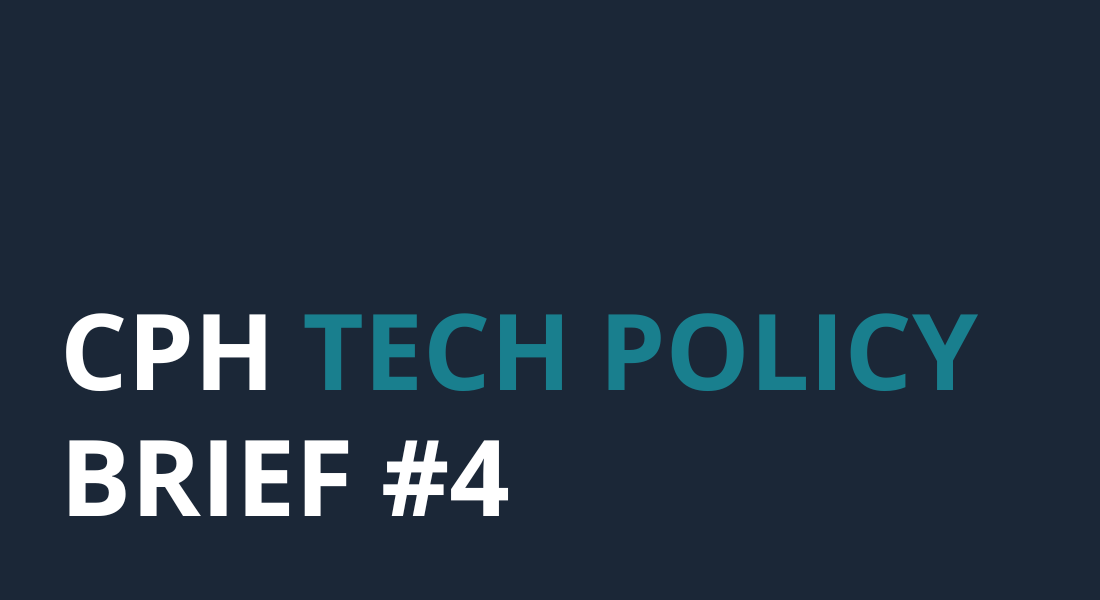CPH Tech Policy Brief #4
The EU's Digital Services Act (DSA)

What are the human rights implications of the EU's Digital Services Act?
Rikke Frank Jørgensen has summarised key insights from the Danish Institute for Human Rights' legal brief about the EU Digital Services Act and its human rights implications.
This fourth edition of the CPH Tech Policy Brief investigates positive impacts of the DSA and provides and overview of areas in which human rights challenges are still present.
The DSA has a positive impact on human rights regarding:
- Increased protection against illegal content
- Access to internal and external complaint mechanisms
- Certain due diligence requirements for tech giants
- Insight into content selection algorithms and, in some cases, the possibility to opt out
Despite these positive implications, human rights challenges remain with regards to:
- Uncertainty about situations in which platforms have co-liability for illegal content
- Risk of unjustified removal of legal content
- Uncertainty about whether supervisory- and complaints handling bodies will have sufficient focus on human rights
- Due diligence requirements are only required for very large platforms
Furthermore, the DSA works in correspondence with other existing and forthcoming EU regulations, such as the GDPR. However, challenges in enforcing GDPR on large platforms reduce the overall human rights protection on digital platforms provided by the DSA. These challenges carry implications for how to design future policies to address these human rights concerns on media platforms of all sizes.
Contact
Rikke Frank Jørgensen
E-mail: rfj@humanrights.dk
